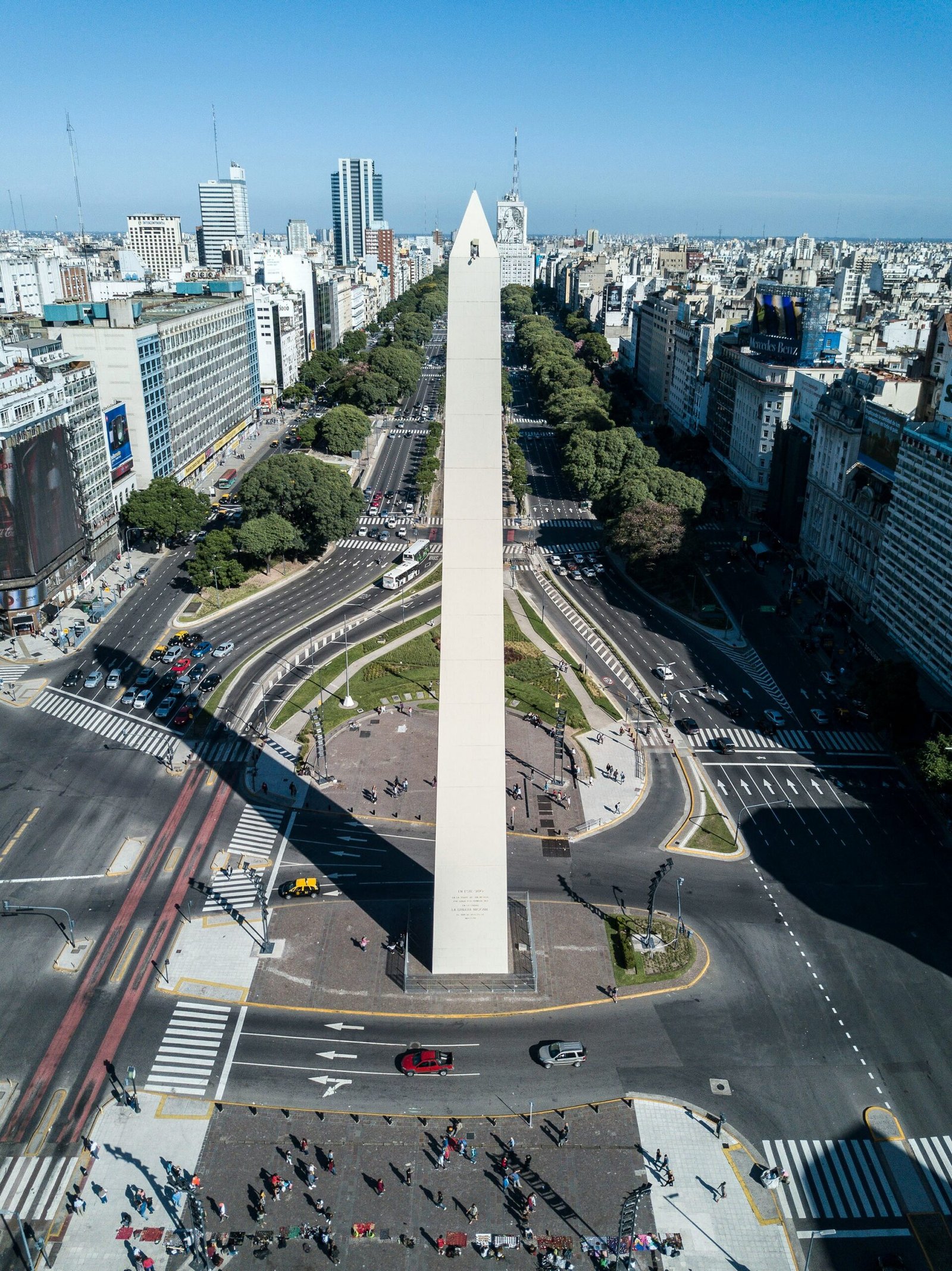Location and Surface Area
Argentina, officially known as the Argentine Republic, is a country located in the southern part of South America. It is the eighth-largest country in the world, covering an area of approximately 2.78 million square kilometers. It shares borders with Chile, Bolivia, Paraguay, Brazil, and Uruguay.
Climate
Argentina experiences a diverse range of climates due to its vast size and geographical features. The climate varies from subtropical in the north to subpolar in the south. The central region has a temperate climate, while the western region is characterized by arid and desert-like conditions. The country offers a wide range of climates, making it suitable for various outdoor activities and tourism.
Richness in Fauna and Flora
Argentina is known for its rich biodiversity and abundant wildlife. The country is home to diverse ecosystems, including the Andes Mountains, the Pampas grasslands, the Patagonian steppe, and the Iberá Wetlands. These regions support a wide variety of plant and animal species, including jaguars, pumas, condors, flamingos, and unique flora. Nature enthusiasts and wildlife lovers will find Argentina a paradise for exploration and discovery.
Attractions
Argentina offers a plethora of attractions for visitors to explore. From the vibrant capital city of Buenos Aires with its tango culture and historic neighborhoods to the stunning natural wonders of Iguazu Falls, Perito Moreno Glacier, and the Andes Mountains, there is something for everyone. The wine regions of Mendoza, the picturesque landscapes of Bariloche, and the remote beauty of Tierra del Fuego are also popular destinations. Argentina’s rich history, vibrant arts scene, and delicious cuisine further add to its appeal.
Population
Argentina has a population of approximately 45 million people. The majority of the population is of European descent, primarily from Italy and Spain. However, Argentina is also home to indigenous communities and immigrants from various parts of the world, contributing to its cultural diversity.
Currency
The official currency of Argentina is the Argentine Peso (ARS). It is advisable to have some local currency on hand, especially when traveling to remote areas. Credit cards are widely accepted in most establishments, but it is always a good idea to carry some cash for smaller purchases or in case of emergencies.
Visa
Visitors to Argentina may require a visa depending on their nationality. It is recommended to check the visa requirements well in advance of your planned visit. Some countries have visa-free agreements with Argentina, allowing for a certain period of stay without a visa. For longer stays or specific purposes such as work or study, a visa may be necessary. It is advisable to consult the nearest Argentine embassy or consulate for accurate and up-to-date visa information.
Official Languages, Culture, and Customs
The official language of Argentina is Spanish. The country has a rich cultural heritage influenced by European traditions, particularly Italian and Spanish. Tango, a passionate and sensual dance, is an integral part of Argentine culture. Argentine cuisine is famous for its beef, empanadas, and mate, a traditional herbal tea. The people of Argentina are known for their warm hospitality and love for football (soccer). It is customary to greet people with a kiss on the cheek when meeting friends or acquaintances.
Hospitality
Argentines are known for their warm and friendly nature. Visitors can expect to be greeted with genuine hospitality and a willingness to help. The locals are proud of their country and are often eager to share their culture, traditions, and recommendations with visitors. Don’t be surprised if you are invited to join a family gathering or a spontaneous asado (barbecue) – it’s a great way to experience Argentine hospitality firsthand.
Main Cities, Airports, and Airlines
Buenos Aires, the capital city, is the main gateway to Argentina. It is served by two international airports: Ministro Pistarini International Airport (Ezeiza) and Aeroparque Jorge Newbery. These airports connect Argentina to major cities around the world. Other important cities in Argentina include Cordoba, Rosario, Mendoza, and Bariloche, each with its own unique charm and attractions. Several international and domestic airlines operate flights to and within Argentina, providing convenient travel options for visitors.
Conclusion
Argentina is a country of immense beauty, cultural richness, and warm hospitality. From its diverse landscapes and wildlife to its vibrant cities and captivating culture, Argentina offers a wide range of experiences for visitors. Whether you are planning to stay, work, study, or do business in Argentina, this captivating country is sure to leave a lasting impression.

